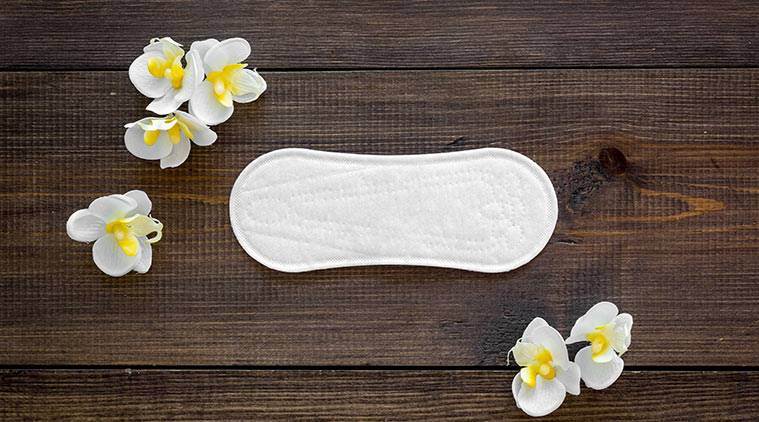Poor feminine hygiene during one’s periods can lead to vaginal irritation, urinary tract infections (UTI), and even cervical cancer.

Physical health and personal hygiene are an intrinsic part of a woman’s well-being, especially during menstruation. Although periods are a biological process, it is important to ensure personal hygiene during these days. In our everyday life, while activities such as brushing, bathing, and wearing clean clothes are a given, we tend to forget that intimate hygiene is important as well. Poor feminine hygiene during one’s periods can lead to vaginal irritation, urinary tract infections (UTI), and even cervical cancer, mentions Srijana Bagaria, co-founder, Pee Safe. So, next time you are on your periods, take note of these tips:
Change your sanitary pad regularly
Keeping yourself clean is key to good menstrual hygiene. Make sure to change your sanitary pads every four to six hours. Using the same pad for an entire day is not only unhealthy but can also lead to irritation, infection or even UTI. You can use a good organic and biodegradable sanitary pad or menstrual cups, both of which are environmentally sustainable as well. The menstrual cup should be sterilised before every use, emptied as frequently as possible, and stored in a hygienic way after use. Go for the appropriate size of the cup as per your age, flow, and depth of the vagina.
Wash yourself properly
Wash the vaginal area properly at least twice a day. This will help in removing all the harmful bacteria and ensure that your genitalia are clean. A natural intimate wash can be used to clean the area. Use panty liners to help absorb the excess discharge and ensure better hygiene.
Wear clean undergarments
Wear fresh and clean undergarments everyday and change if you feel the panties are soiled from discharge. Unclean underwear can produce a bad odour during periods and put you at risk of infections. Use organic panty liners for absorbing discharges in the initial days and ensure that your undergarments are made of cotton or other soft breathable fabrics to prevent skin irritation.

Dispose of sanitary pads properly
A key step to menstrual hygiene is to discard sanitary napkins or tampons properly. Make sure that you do not flush them as they may clog the sewage pipes and drains. Always wrap them properly and throw them in the designated bin to avoid the spread of harmful bacteria. Do not forget to clean your hands after you dispose of it. Wash your hands well with a liquid soap before and after changing sanitary pads. Make sure that your hands are clean when touching or washing your genital area. If you are travelling, or on the go, carry a good hand sanitiser to clean your hands.
Consume a balanced diet
A balanced and nutritious diet, especially during your periods, is of utmost importance. Keep yourself well hydrated by drinking at least four to six litres of water. This will ensure there is no bloating sensation and help you feel at ease.
When to contact a specialist?
Menstrual hygiene must be made an intrinsic part of your monthly cycle. There are quality feminine hygiene products in the market that can be used for the purpose. In case there is any strong abnormal smell or change in flow or colour of discharge or menstrual flow, make sure to contact a specialist immediately.
? The Indian Express is now on Telegram. Click here to join our channel (@indianexpress) and stay updated with the latest headlines
For all the latest Lifestyle News, download Indian Express App.
Source: Read Full Article



